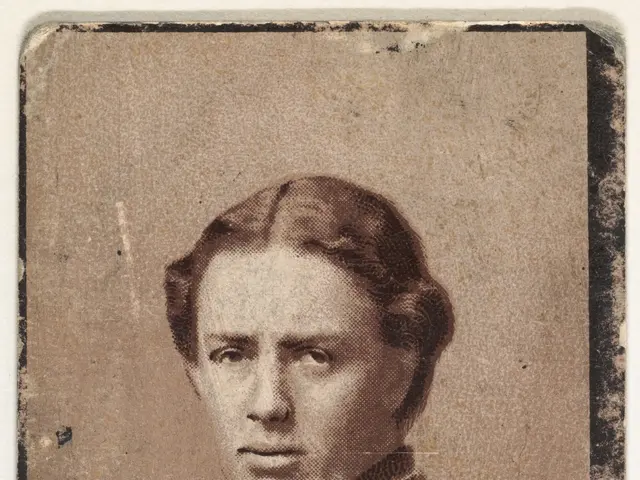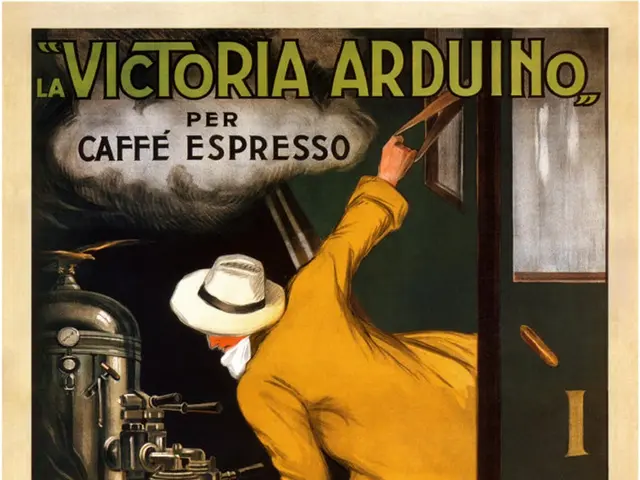Can Coffee Intake Be Linked to Decreased Risk of Colorectal Cancer?
Numerous studies, as indicated by the World Cancer Research Fund (WCRF), suggest a potential link between coffee consumption and a reduced risk of colorectal and bowel cancer.
A study recently published in the International Journal of Cancer indicates that drinking four cups of coffee per day may be associated with a 32% lower risk of colorectal cancer recurrence in patients with stages 1 through 3 of the disease.
The lowered risk could be due to several factors, such as:
- Reducing oxidative stress
- Promoting the growth of beneficial gut bacteria
- Inhibiting tumor growth
- Assisting in the protection against nonalcoholic fatty liver disease
Additionally, other findings suggest that coffee drinkers have a lower risk of colorectal cancer compared to those who abstain.
However, it is essential to note that the relationship between coffee consumption and the risk of colorectal cancer remains complex and not entirely clear. While some studies indicate a potential protective effect, the evidence is mixed. For instance, the International Agency for Research on Cancer (IARC) found no clear association between coffee intake and cancer at any body site, including colorectal cancer.
In terms of the impact of caffeinated and decaffeinated coffee, the former could be associated with a higher risk of rectal cancer but not colon cancer. This suggests that the body may metabolize the two types differently.
For individuals seeking to lower their risk of colorectal cancer, engaging in regular physical activity, maintaining a nutritious diet, and avoiding tobacco and alcohol use are advised.
For those diagnosed with colorectal cancer, a diet rich in whole grains, milk, coffee, and dietary calcium, along with regular exercise and avoidance of harmful substances like alcohol and tobacco, may help optimize survival outcomes.
In summary, while coffee may provide some benefits in reducing the risk of colorectal cancer, a balanced diet, regular exercise, and avoiding harmful substances remain crucial factors in maintaining overall health and well-being.
- In oncology, studies have linked coffee consumption with a reduced risk of colorectal cancer, as indicated by the World Cancer Research Fund (WCRF).
- A recent study published in the International Journal of Cancer suggests that drinking four cups of coffee daily could potentially lower the risk of colorectal cancer recurrence by 32% in patients with stages 1 through 3 of the disease.
- Factors that may contribute to this lowered risk include reduced oxidative stress, the promotion of beneficial gut bacteria, inhibition of tumor growth, and protection against nonalcoholic fatty liver disease.
- However, the relationship between coffee consumption and colorectal cancer risk is complex, and the evidence is mixed. Some studies show a potential protective effect, while others, like the International Agency for Research on Cancer (IARC), find no clear association.




